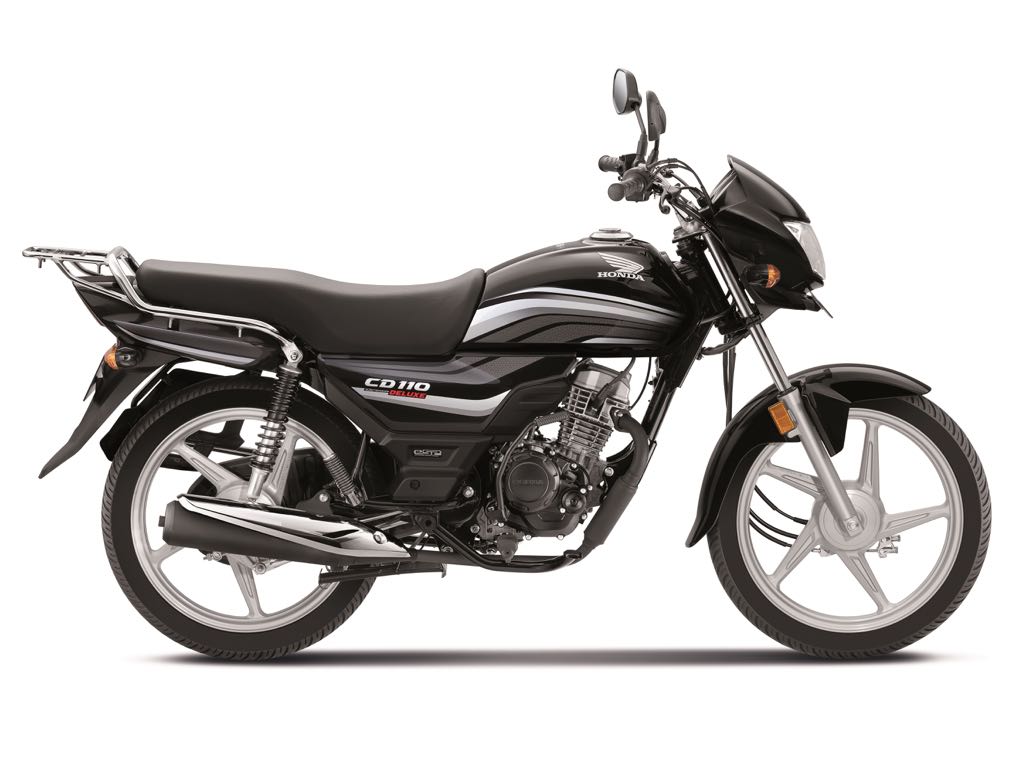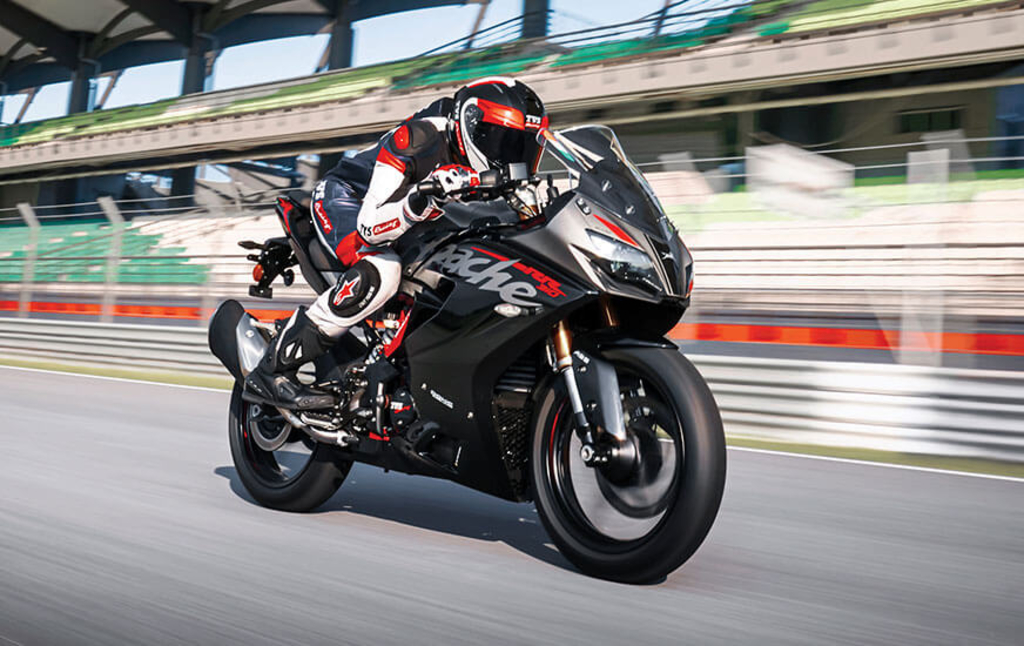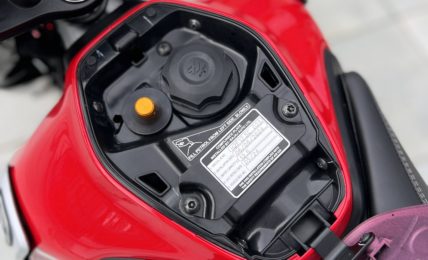
Flex-fuel two-wheelers mass production to commence soon in India
India’s automotive industry is on the brink of a significant shift as leading two-wheeler manufacturers prepare to introduce flex-fuel vehicles capable of running on high ethanol blends. Companies like TVS, Hero MotoCorp, Honda and Bajaj Auto are expected to unveil production-ready flex-fuel two-wheelers at the upcoming Bharat Mobility Show in January 2025.
The push for flex-fuel vehicles aligns with the Indian government’s broader strategy to reduce carbon emissions and decrease reliance on fossil fuels. Ethanol, a biofuel derived from agricultural products, offers a more sustainable alternative to traditional petrol. Flex-fuel vehicles are designed to operate on ethanol-petrol blends, with the upcoming models expected to run on blends containing up to 85% ethanol.
Industry insiders reveal that the leading two-wheeler manufacturers have expressed readiness to mass-produce these vehicles, pending certain policy supports. During a recent meeting with Union Minister Nitin Gadkari, representatives from TVS, Hero MotoCorp and others confirmed their ability to begin large-scale production of flex-fuel two-wheelers. However, they have also highlighted the need for enabling policies to ensure the successful adoption of this new technology.
The automotive industry has called for several key measures to facilitate the rollout of flex-fuel vehicles. Among these is a request for a reduced GST rate of 18% on flex-fuel two-wheelers, as opposed to the current 28%. This reduction is seen as crucial, given the lower fuel efficiency of ethanol-powered vehicles, which could result in higher running costs for consumers.
Additionally, industry leaders have emphasised the importance of a clear and consistent roadmap for the nationwide availability of ethanol-blended fuels. This would ensure that consumers across India have access to the necessary fuel to power these new vehicles, thereby supporting their widespread adoption.
The Indian automotive sector’s move towards flex-fuel vehicles represents a significant step in the country’s clean energy journey. However, the success of this initiative will depend on the government’s ability to provide the necessary policy framework and infrastructure to support this transition. As the industry prepares for the next Auto Expo, all eyes will be on the developments in the ethanol-powered two-wheeler segment, which could set the tone for the future of sustainable mobility in India.





